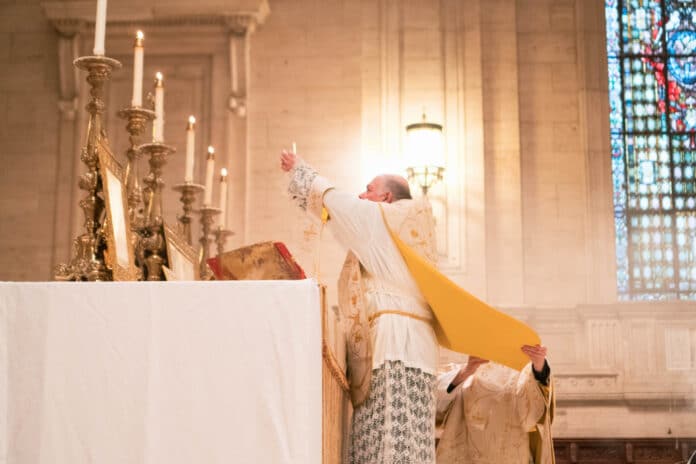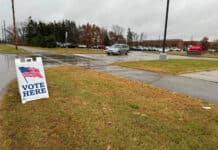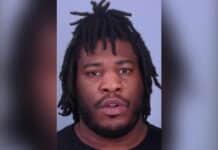
(The Daily Signal) — The House Judiciary Committee released internal FBI documents on Monday that show a plan to establish sources in local Catholic parishes to combat alleged potential violent extremism from “radical-traditional Catholics.” The committee also issued a subpoena to compel the bureau’s cooperation during its investigation into the FBI’s actions.
Following the January leak of an FBI memo that targeted Catholics for investigation, Chairman Jim Jordan, R-Ohio, and Rep. Mike Johnson, R-La., issued a letter to FBI Director Christopher Wray to turn over all documents related to the FBI’s actions investigating Catholic dioceses.
After receiving no response, the committee followed up with another letter in March. The FBI then produced an 18-page response with numerous redactions that “prevents the Committee from fully assessing the content and context of the documents and obtaining information requested from the Bureau,” according to a letter from Jordan to Wray on Monday. The letter accompanied a subpoena for the FBI to produce more documents and information.
“Based on the limited information produced by the FBI to the Committee, we now know that the FBI relied on at least one undercover agent to produce its analysis, and that the FBI proposed that its agents engage in outreach to Catholic parishes to develop sources among the clergy and church leadership to inform on Americans practicing their faith,” Jordan wrote in the letter. “This shocking information reinforces our need for all responsive documents, and the Committee is issuing a subpoena to you to compel your full cooperation.”
The Daily Signal initially filed a Freedom of Information Act request to the FBI to turn over all documents related to “radical-traditional Catholics,” which resulted in the bureau rescinding the memo.
Based on the FBI’s 18-page response, the FBI sought to use “local religious organizations as new avenues for trip wires and source development.” For example, the FBI wrote in a section of the redacted response released by Jordan:
“In addition to [redaction], engage in outreach to the leadership of other [Society of Saint Pius X] chapels in the FBI Richmond [area of responsibility] to sensitize these congregations to the warning signs of radicalization and to enlist their assistance to serve as suspicious activity tripwires.”
The FBI’s plans for Richmond, Virginia, parishes involved contacting “mainline Catholic parishes” and the local “diocesan leadership.” The FBI also planned “to develop new sources with placement and access” to “report on suspicious activity,” according to the documents.
“Although the FBI claims to have ‘numerous’ and ‘rigorous’ policies to protect First Amendment rights, the FBI’s Richmond document plainly undercuts these assertions,” the Judiciary Committee chairman’s letter read. “We know from whistleblowers that the FBI distributed this document to field offices across the country. It is unclear, however, how many FBI employees explored ‘new avenues for tripwire and source development’ in Catholic houses of worship across the country as a result of the FBI’s Richmond document.”

















